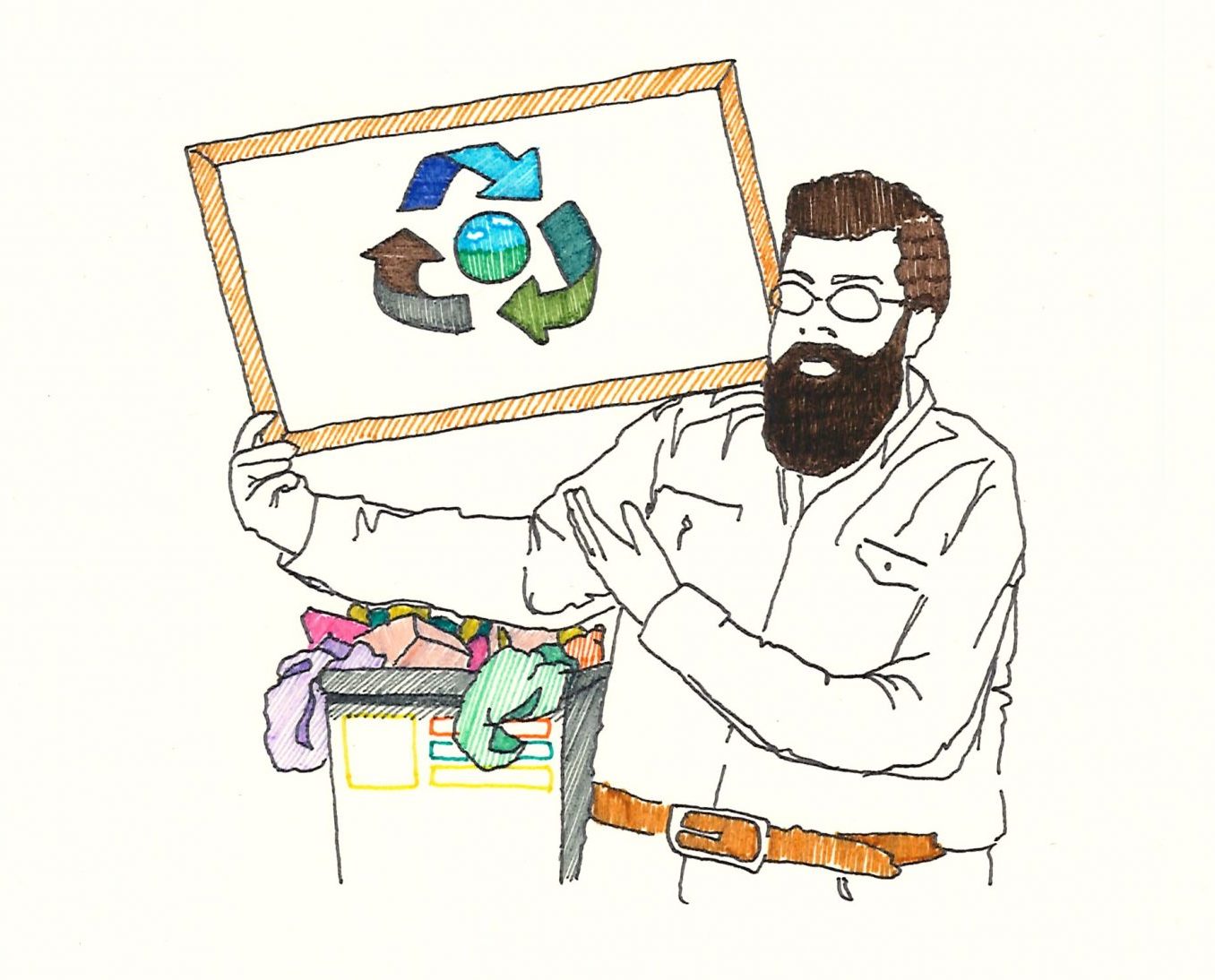Congratulations
You belong to a group of teachers who want their students to be prepared for everyday life.
You like to use different teaching methods in teaching geography. Your teaching is thematically varied and your teaching often deviates from the content of the textbooks. Because you have your own supply of teaching materials and preparations that are better than what the textbook offers you.
Your teaching leads to the general development of students. What the pupils have learned in your lessons, they will also use in the teaching of other subjects and also in everyday life. Pupils express themselves correctly and intelligibly, work with resources, cooperate and argue, which they also use in teaching other subjects. You focus on developing geographical thinking, which enables pupils to apply geographical knowledge in different environments and situations. You are not afraid to work with the experiences, experiences, attitudes and opinions of your students.
You often solve current questions and problems with the pupils, you discuss with them, and you often think about how to demonstrate geographical phenomena using examples from the pupils’ everyday life, thereby developing so-called useful geography.
You work using the project method, the pupils are very involved in the teaching and the subjects covered are usually concluded with presentations by the pupils. Pupils rate your lessons as fun.
When information about a volcanic eruption appears in the media, you can immediately prepare a lesson about the effects of volcanic activity on people’s lives. Pupils in geography lessons work with photographs and video recordings capturing the stories of people living around volcanoes . Pupils discover in specific places how volcanic activity affects people’s everyday life and try to empathize with the problems that these people have to solve . By comparing different places, students discover what these places have in common and how places affected or threatened by volcanic activity differ from other places on Earth. Students present all their findings in front of the class.













